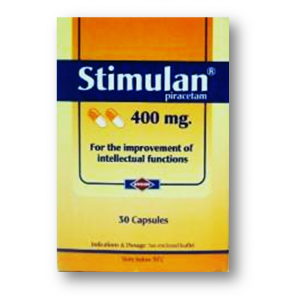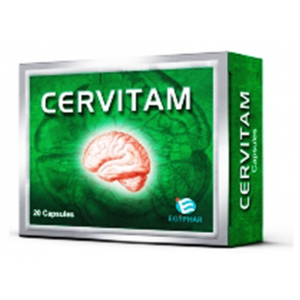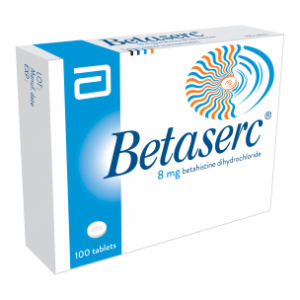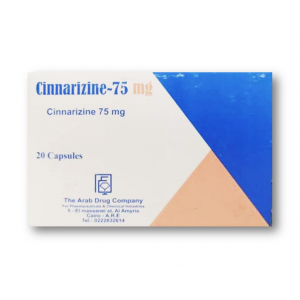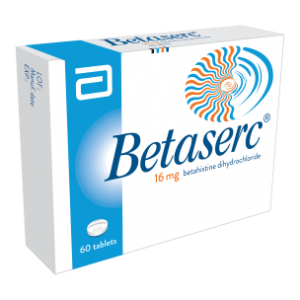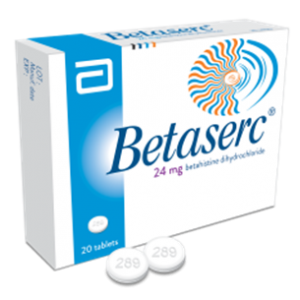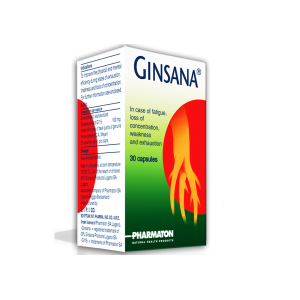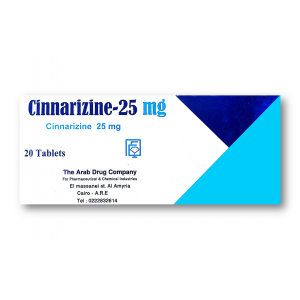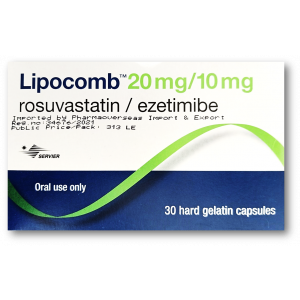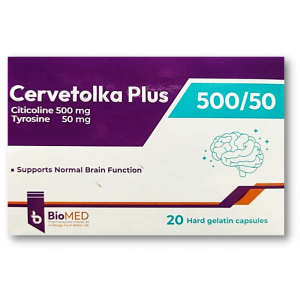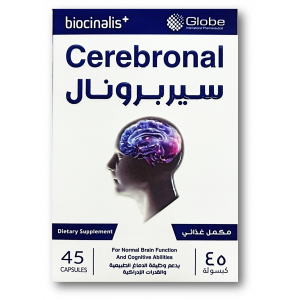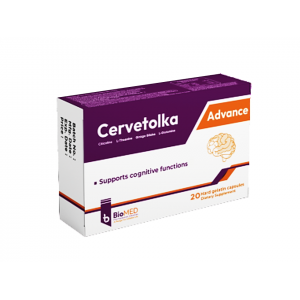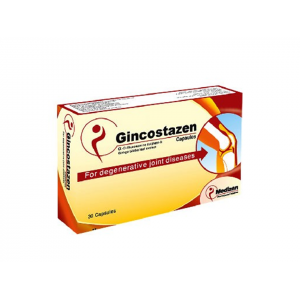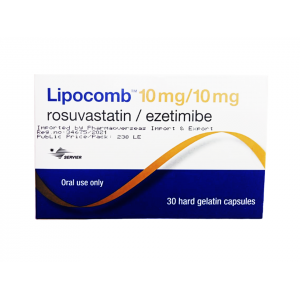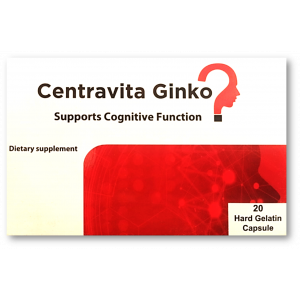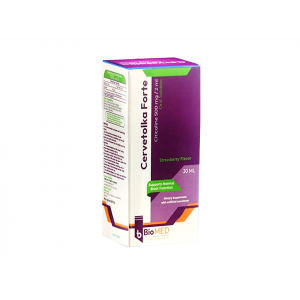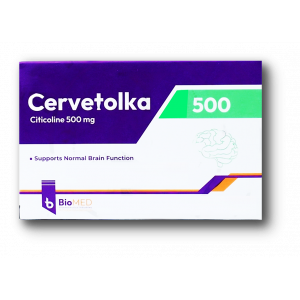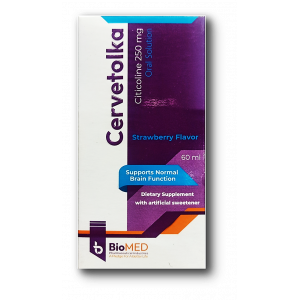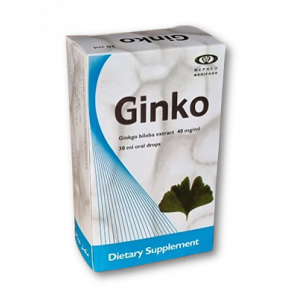- Anti-hestaminic & Respiratory Drugs (20)
- Anti-inflammatory Drugs (192) +-
- Baby & Mom (1319) +-
- Baby & Mom > Bath, skin & Hair > Skin Care > wibes (52)
- Beauty (3001) +-
- Beauty > Skin Care > whitening (297)
- Chemotherapy & Immune Response (882) +-
- Chemotherapy & Immune Response > ANTI-FUNGAL (11)
- Chemotherapy & Immune Response > Chemotherapeutic Agents > Hormone Antagonists >Enzyme Inhibitors (289)
- CIRCULATORY DISTURBANCE AGENTS (24)
- Diet & Fitness Products (280) +-
- DRUG AFFECTING CENTRAL NERVOUS SYSTEM (191)
- HEMATOLOGY (39)
-
Medical Supplies (503)
+-
- Chemicals & Disinfectants (19)
- Dental Supplies (31)
- Devices & Instruments (10)
- Diabetic Supplies (121)
- General Medical Supplies (21)
- I.V & Medical Solution (0)
- Intensive Care Unit & Anesthesia Supplies (0)
- KIDNEY UNIT SUPPLIES (21)
- Lab Supplies (3)
- Miscellaneous (21)
- Neonatal Unit Supplies (0)
- Operation Room Supplies (2)
- Sanitary (5)
- Sterilization Supplies (0)
- Surgical Sutures (4)
- Syringes (3)
-
Medicines & Health (2640)
+-
- Allergy & Sinus (95)
- Children's Health Care (54)
- Cough, Cold & Flu (277)
- Digestive Health & Nausea (225)
- Ear, Nose & Throat Care (179)
- Eye Care (117)
- Feminine Care (325)
- Foot Care (9)
- Orthopaedic Appliances (0)
- Pain Relief & Management (237)
- Pill Organizer (2)
- Skin Treatments (813)
- Sleep & Snoring Aids (2)
- Support & Braces (8)
- Medicines & health > Gout releif (42)
- Natural & Organic Products (81) +-
- OTC > Analgesics > Anti-inflammatory Drugs (44)
-
Personal Care (3254)
+-
- Bath & Body (271)
- Deodorant & Anti-perspirants (188)
- Ear, Nose & Throat Care (175)
- Eye Care (124)
- Feminine Care (374)
- Foot Care (17)
- Hair Care (472)
- Home Tests & Monitorings (14)
- Incontinence (7)
- Lip Care (22)
- Massage & Relaxation (17)
- Natural & Organic Personal Care (7)
- Oral Care (88)
- Pregnancy & Fertility (64)
- Shaving & Grooming (65)
- Sun Care (79)
-
Prescription Drugs (2879)
+-
- Analgesics (181)
- Cardiovascular System (374)
- Drugs Affecting Musculoskeletal System (65)
- Drugs Used In Infections (56)
- Ear & Nose Drugs (2)
- Endocrine System (176)
- Gastrointestinal Tract (242)
- Gastrointestinal Tract > Hepatology > Liver treatment (61)
- GYNECOLOGY (2)
- Miscellaneous (11)
- NEPHROLOGY > URINARY SYSTEM > RENAL DISORDERS > URINARY TRACT DISORDERS (46)
- NEUROLOGY (222)
- Nutrients & Blood Electrolytes (2)
- Respiratory System (154)
- SKIN > NAILS > HAIR > TOPICAL PREPARATIONS (77)
- Vaccines (1)
- Prescription drugs > Cardiovascular system > Anti-hypertension drugs (242)
- Sexual Wellness (301) +-
- Vitamins & Minerals Supplements (1201) +-
Ex Tax: 24EGP
Example
You can return the product within 14 days of purchase.
ReturnsYou can return the product within 14 days of purchase.

Verserc 8 mg ( Betahistine ) 30 tablets
Betahistine
On this page
About betahistine
Key facts
Who can and can't take betahistine
How and when to take it
Side effects
How to cope with side effects
Pregnancy and breastfeeding
Cautions with other medicines
Common questions
1. About betahistine
Betahistine is a medicine used to treat the symptoms of Ménière's disease.
Symptoms include:
dizziness (vertigo)
ringing in the ears (tinnitus)
loss of hearing
feeling sick (nausea)
The full name of this medicine is betahistine dihydrochloride.
It comes as tablets and is available on prescription only.
2. Key facts
Betahistine is suitable for adults only.
You'll usually take your tablets 3 times a day, leaving 6 to 8 hours between doses.
Common side effects include headache, feeling sick or indigestion.
It's best to take your tablets with or after food. This way it's less likely to upset your stomach.
Betahistine is also known by the brand name Serc.
3. Who can and can't take betahistine
Betahistine can be taken by adults (aged 18 years and over). It is not prescribed for children.
Betahistine is not suitable for some people. Tell your doctor or pharmacist if you have:
had an allergic reaction to betahistine or any other medicines in the past
high blood pressure due to an adrenal tumour
ever had a stomach ulcer (sometimes called peptic ulcer)
asthma
4. How and when to take it
Betahistine comes as 8mg or 16mg tablets.
Always follow your doctor's instructions about how and when to take your medicine.
It's a good idea to take your betahistine tablets after a meal. It will be less likely to upset your stomach.
How much to take
The usual starting dose is 16mg, taken 3 times a day.
Leave 6 to 8 hours between doses.
When your symptoms are under control, your doctor may reduce your dose to 8mg, taken 3 times a day.
What if I take too much?
Taking too much betahistine can make you feel sick or sleepy, or give you stomach ache.
If you need to go to A&E, do not drive yourself - get someone else to drive you or call for an ambulance.
Take the betahistine packet or leaflet inside it, plus any remaining medicine, with you.
What if I forget my medicine?
If you forget to take a dose of betahistine, take it as soon as you remember. Unless it's less than 2 hours until your next dose. In which case, skip the missed dose and take your next dose at the usual time.
Do not take 2 doses at the same time. Never take an extra dose to make up for a forgotten one.
If you forget doses often, it may help to set an alarm to remind you. You could also ask a pharmacist for advice on other ways to help you remember to take your medicine.
5. Side effects
Like all medicines, betahistine can cause side effects, although not everyone gets them. It is generally a very safe medicine.
Common side effects
These common side effects happen in more than 1 in 100 people. They are usually mild and will stop by themselves.
Talk to your pharmacist or doctor if the side effects bother you or do not go away:
feeling sick (nausea)
indigestion (acid reflux)
bloating or mild stomach ache
headache
Serious allergic reaction
In rare cases, it's possible to have a serious allergic reaction (anaphylaxis) to betahistine.
Call 999 or go to A&E if:
you get a skin rash that may include itchy, red, swollen, blistered or peeling skin
you're wheezing
you get tightness in the chest or throat
you have trouble breathing or talking
your mouth, face, lips, tongue or throat start swelling
You could be having a serious allergic reaction and may need immediate treatment in hospital.
These are not all the side effects of betahistine. For a full list, see the leaflet inside your medicine packet.
Information:
You can report any suspected side effect to the UK safety scheme.
6. How to cope with side effects
What to do about:
feeling sick - take betahistine with or after a meal or snack. It may also help if you do not eat rich or spicy food.
indigestion - take betahistine with or after food. If you get repeated indigestion, contact your doctor as soon as possible. If you need something to ease the discomfort, try taking an antacid, but do not put off going to the doctor.
bloating or mild stomach ache - try taking betahistine with or after food. If these symptoms continue to bother you, speak to your doctor.
headache - make sure you rest and drink plenty of fluids. Do not drink too much alcohol. You can take an everyday painkiller like paracetamol. Talk to your doctor if headaches last longer than a week or are severe.
7. Pregnancy and breastfeeding
Betahistine is not usually recommended during pregnancy or while breastfeeding.
However, your doctor may prescribe betahistine if they think the benefits of taking this medicine outweigh the risks. It will depend on how many weeks pregnant you are and why you need to take it.
Speak to your doctor if you are pregnant or trying for a baby. There may be other treatments that are safer for you.
Betahistine and breastfeeding
There is not enough research to know whether betahistine gets into your breast milk. You're generally recommended not to take this medicine if you are breastfeeding.
Non-urgent advice:Tell your doctor or a pharmacist if you're:
pregnant
trying to get pregnant
breastfeeding
8. Cautions with other medicines
Some medicines and betahistine interfere with each other and can increase your chance of side effects.
Tell your pharmacist or doctor if you're taking:
medicines called MAO inhibitors, used to treat depression or Parkinson's disease
antihistamines for allergies such as hay fever
Mixing betahistine with herbal remedies and supplements
There's very little information about taking herbal remedies and supplements while taking betahistine.
Important
Tell your doctor or pharmacist if you're taking any other medicines, including herbal remedies, vitamins or supplements.
Write a review
Your Name:Your Review: Note: HTML is not translated!
Rating: Bad Good
Enter the code in the box below:


